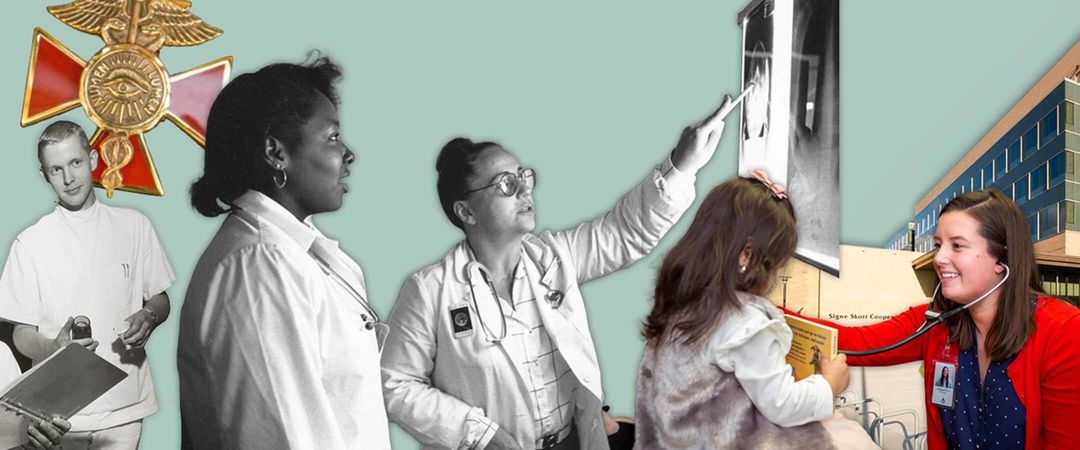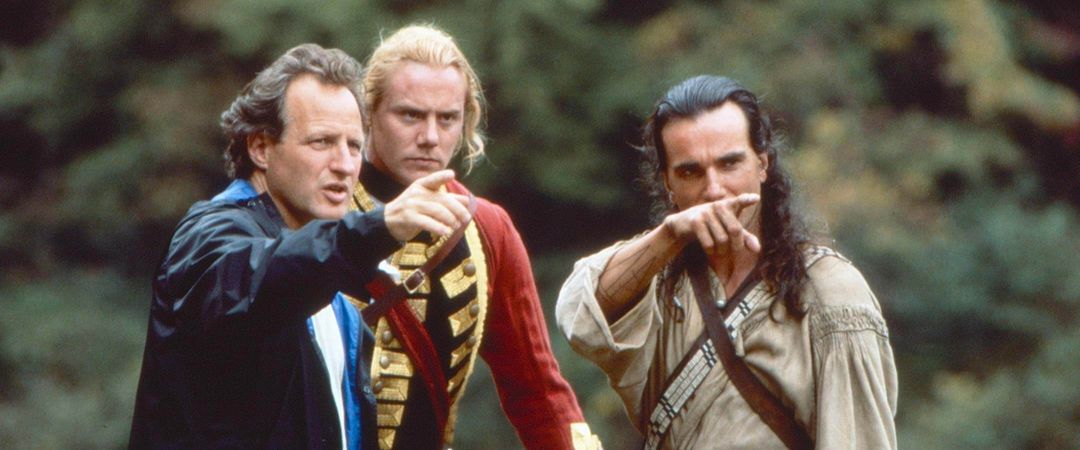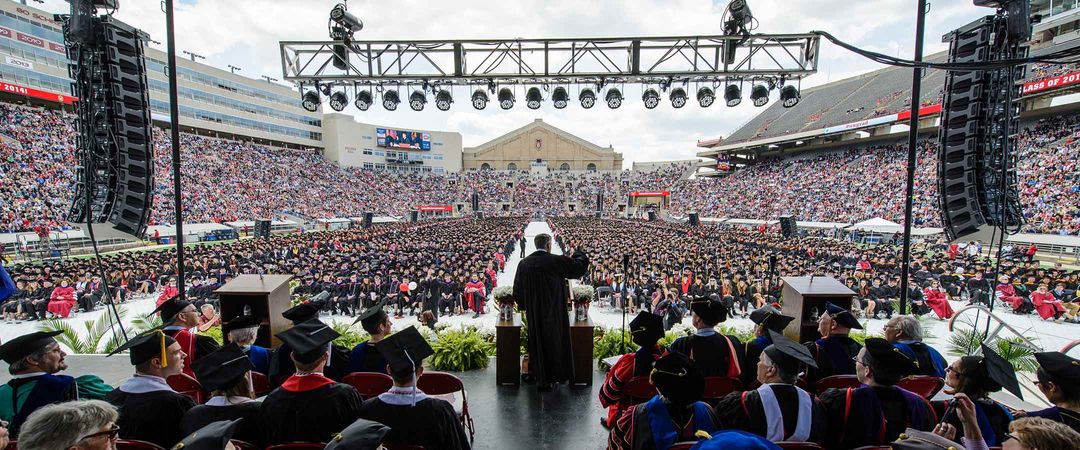Jon Pevehouse’s Cold War–era childhood sparked a lasting interest in political science and international relations. “I was constantly reading headlines about rivalries between the United States and the Soviet Union and China. That always fascinated me as a child.” As soon as Pevehouse finished his doctorate in political science at Ohio State University in 2000, he took his first teaching job at the UW and hasn’t left. He’s now the chair of the political science department and the Vilas Distinguished Professor of Political Science: International Relations.
Even as a political scientist steeped in international relations theories, global economies, and political histories, Pevehouse didn’t expect to see modern versions of his childhood headlines. The Russian invasion of Ukraine last month has challenged recent trends in international relations and the world order. “That’s been one of the most fascinating aspects of this,” Pevehouse explains. “This is a world we thought we had left behind in 1989.” Global leaders, economists, and political scientists alike must consider what the war in Ukraine means to the international order. “Is this going to be about one particular episode in Ukraine or is this going to fundamentally change economics and politics to put us more in that Cold War world with rivalries [in which] geopolitics casts a shadow over everything?”
Tune in virtually for the UW Now’s April 5 event, “The Future of Global Trade and Monetary Systems,” to learn more from Pevehouse about the potential economic and political fallout from the conflict in Ukraine.
Chief Area of Expertise:
I study international relations broadly. Within that, I focus mostly on American foreign policy and international political economy. And so that becomes involved in all these conflicts these days.
On The UW Now, I’ll Discuss:
Mike [Knetter] asked me to discuss the global economic implications of the war in Ukraine. I see some benefits coming from this conflict in terms of the global economic order. But I also think there’s really severe challenges to the economies involved around this conflict, including the United States. Some of these economic sanctions have come home to hurt the United States some, [and] certainly Europe. Those are real challenges and uncertainties, but two years ago, we were talking about “Is the global economic order done?” and “Is the liberal international order dead?” No one’s talking about that anymore. All those institutions and agreements have become important in this conflict. People now recognize how important they are. And so that’s been a fascinating process that’s happened during this.
One Thing I’d Like Viewers to Remember Is:
How much change will come from this war. I’m teaching a big intro to IR [international relations] class, and I told the students [that] this is their generation’s 9/11 in a way. This is going to change a lot of what we think we know about international relations.
To Get Smart Fast, Read:
I’m just reading everything I can get my hands on. German Marshall Fund has some interesting publications right now reflecting on these things. Chicago Council on Global Affairs has some interesting writing, but, otherwise, I’m following every news outlet I can, especially non-U.S. ones. The BBC has phenomenal reporting on this. So does the Financial Times. Those are two that I’m going to a lot. It’s important to get the European perspective right now — we are bearing some costs for sure, but [Europeans] are going to significantly bear costs on this potentially in the medium and long run. So, what’s the average European thinking about this whole situation?





